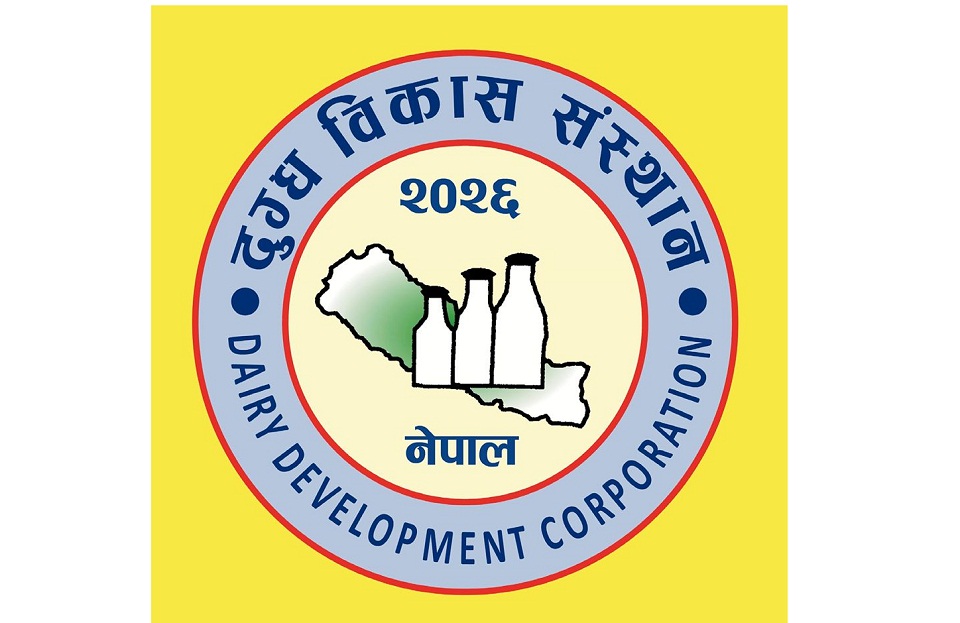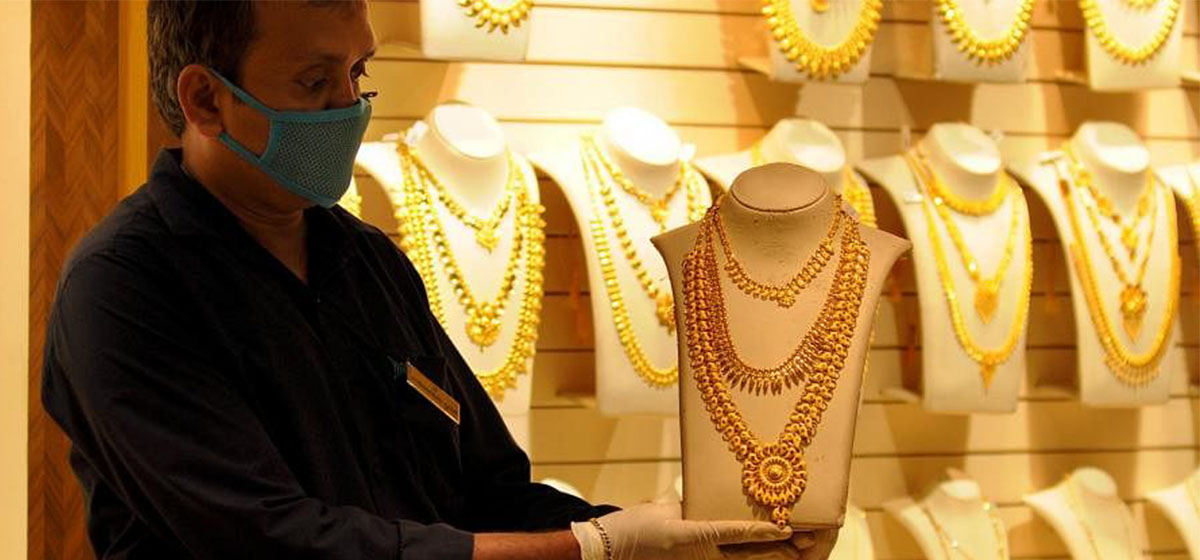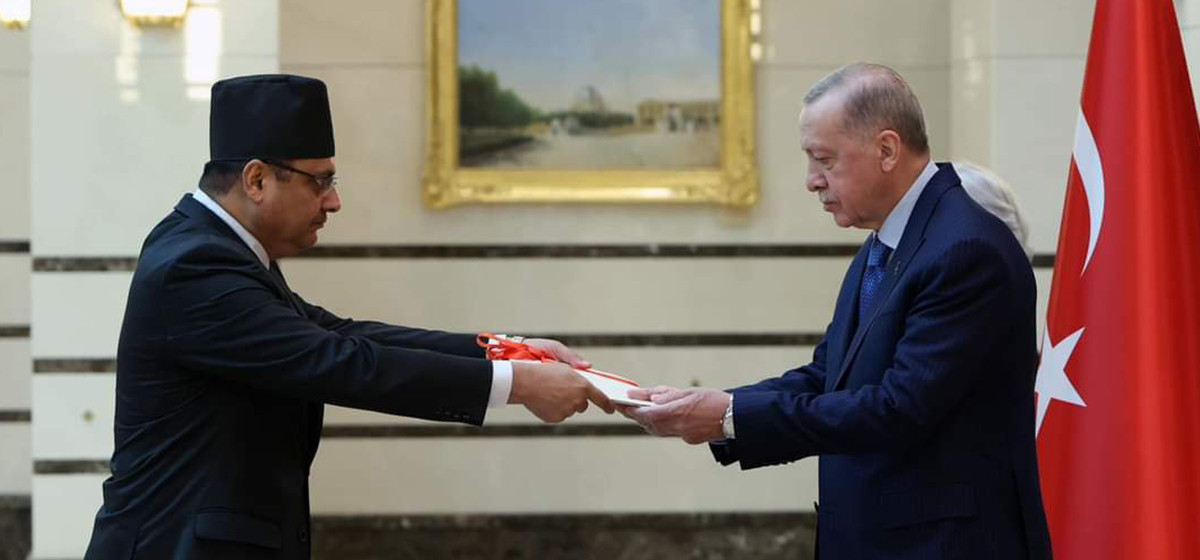
OR
Two years on, reconstruction yet to gain pace in Gorkha
Published On: April 26, 2017 01:20 AM NPT By: Narahari Sapkota
GORKHA, April 26: On this very day two years ago, Nepal experienced major jolts that shook the very core of the nation. The devastating 7.8 magnitude quake left thousands dead, injured and homeless.
After the government overcame the shock, it immediately declared to reconstruct the damaged homes of thousands of victims.
As the country marked two years of the earthquake of April 2015 on Tuesday, it is clear that the government's reconstruction efforts have failed to live up to its promise. Reconstruction is yet to gather momentum in Gorkha district, the quake's epicenter, which suffered one of the worst setbacks in terms of loss of life and property.
The only visible progress for the Gorkha victims is that they now have at least makeshift roofs over their heads - a progress from tarpaulins and even open sky where they were forced to take shelter after the quake. Besides that, there is little progresses in reconstruction.
After two years, the victims have so far received Rs 50,000 as the first tranche of the quake reconstruction grant, which is far from enough to build a strong house. Not even five percent of the victims in the district have reconstructed their quake-ravaged houses. Bureaucratic hassles at the responsible government offices have prevented the victims from receiving swift relief.
Not just that, many victims have also complained that their names remain missing in the government's list, making them ineligible for the house reconstruction grants. As many as 16,000 victims have filed complaints for the same reason.
“Out of the total complainants, only 2,300 have been proven so far. Many of the remaining others are yet to submit their related documents, due o which we are unable to provide them even the first tranche of the relief funds,” said Local Development Officer Narayan Acharya.
The quake victims, however, argue that the complicated process to apply for the grants and lengthy paperwork are a great problem. There are others who argue that the government' measly quake grants are barely enough to reconstruct houses in rural areas due to high transportation costs.
According to Roshan Shrestha, chief of Department of Urban Development and Building Construction's divisional office, many of the quake victims have built homes of their own needs and not as per the government-set requirements. “This has made it difficult for us to recommend the victims for the second tranche of the relief grant,” he added.
The office estimates that nearly 5,000 houses are currently in the process of being reconstructed. There are also those who have run out of patience waiting for Godot - the relief that may never come.
After running out of patience, some victims have completed reconstructing their quake-ravaged houses without government aid. However, many of those houses fail to meet the government-set standards.
After observing the current work progress of the reconstruction works, Chief District Officer Jitendra Basnet admitted that it would be difficult to complete reconstruction works in the district even after five years from now if the pace remained unchanged.
Shortage of construction materials and capable human resources among others are said to have hindered the reconstruction works, which have deeply disappointed the survivors. “We have almost forgotten the pains inflicted by the quake and are now hoping to have a concrete house to live in. We want to start working on the country's development,” said Jeet Bahadur Ghale, a quake victim of Barpak.
You May Like This

Work to build infrastructure for cement factories yet to gain pace
KATHMANDU, Feb 22: The government has made a commitment to build necessary infrastructures to facilitate cement industries having their own clinker... Read More...

Reconstruction in northern Gorkha halted for a week
About 150 personnel from the Nepal Army and the locals were carrying out the reconstruction of the integrated settlement before... Read More...

Over two years on, Palpa quake survivors yet to get house construction fund
PALPA, May 2: More than two years into the earthquake of April 25, 2015 that left nearly 9000 dead and destroyed... Read More...





Just In
- DDC pays Rs 480 million dues to farmers
- Police arrest seven Indian nationals with 1.5 kg gold and Rs 14.3 million cash
- Gold price increases by Rs 1,400 today
- Kathmandu continues to top the chart of world’s most polluted city
- JSP Central Executive Committee meeting today
- Ambassador Adhikari presents his letter of credentials to Turkish President Erdoğan
- Bajhang by-election: Construction of Taklakot Road is common election agenda of candidates
- Meeting of Finance Committee being held today to discuss 2025/25 budget













Leave A Comment